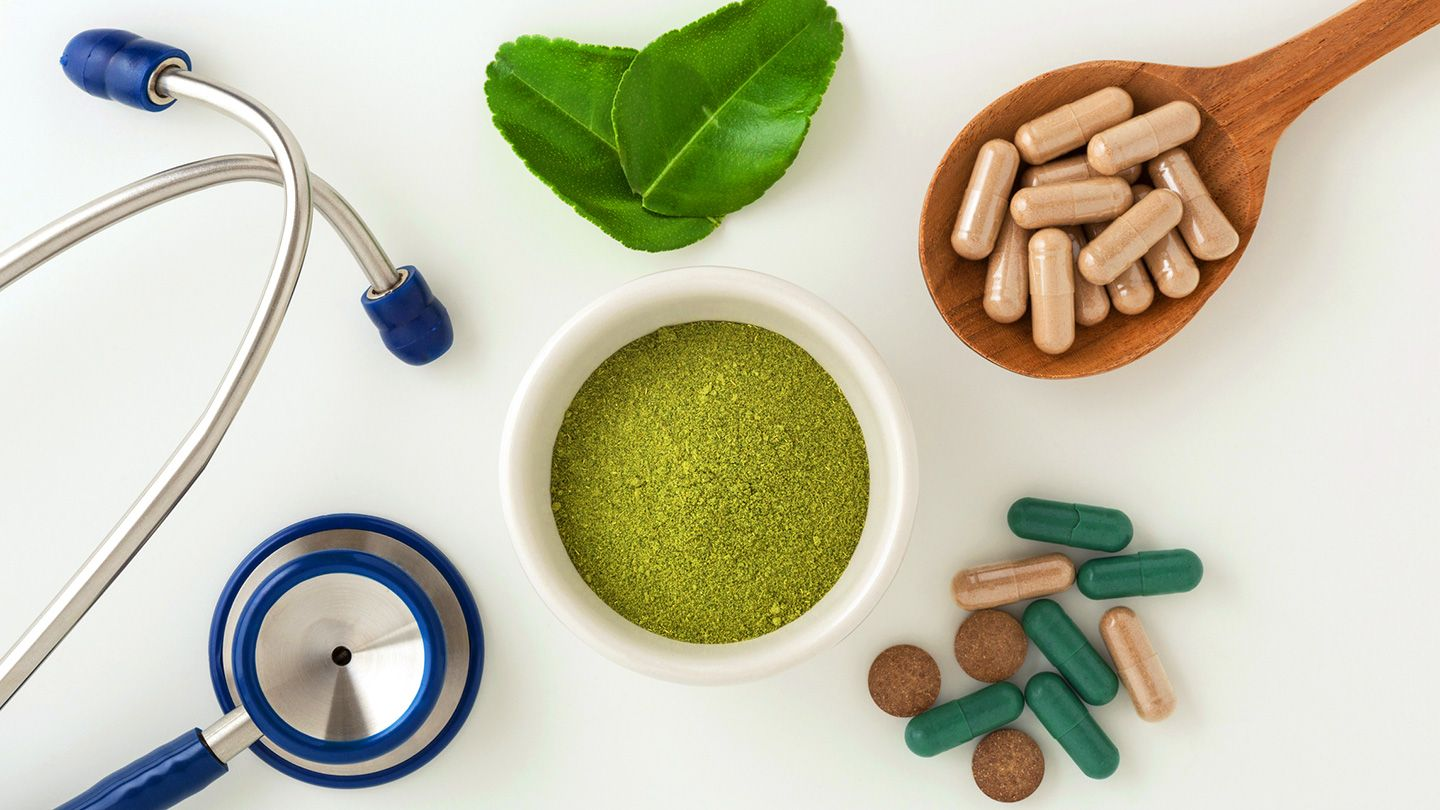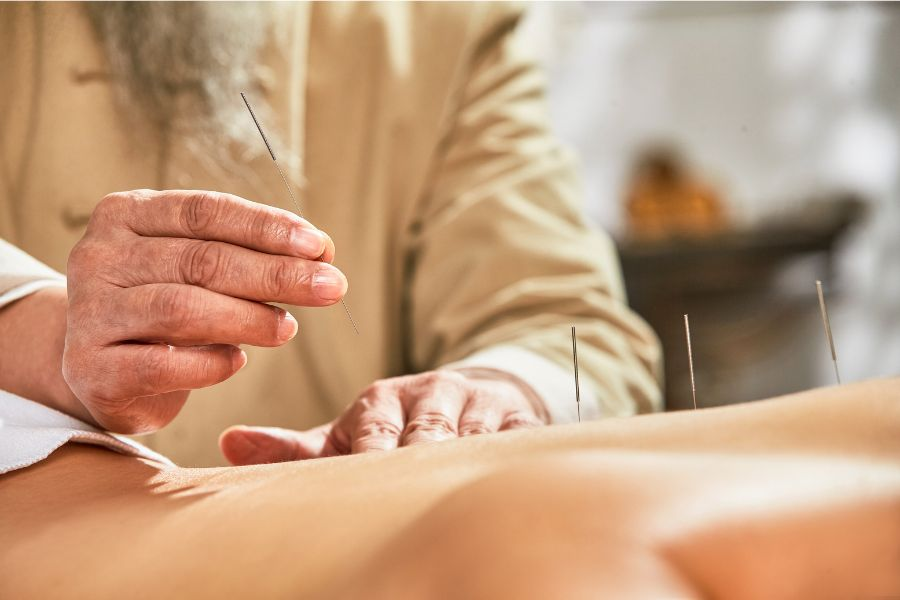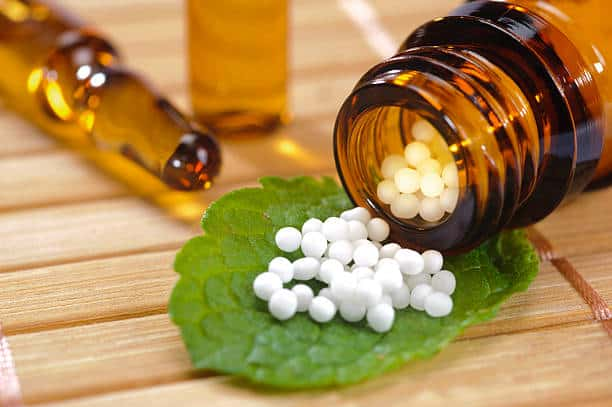Discover Your Perfect Healer Today!
Our online practitioner directory connects you with a wide range of healers to suit your unique needs.
Easily search and find the right professional to support your wellness journey.
Start exploring today to find your perfect match.
Modality
Disease
Books
Products
Events
Training
Blogs
Holistic Medicine
How to Choose the Right Holistic Medicine Practice?
Do you want to kick-start a healthier lifestyle but not sure where to begin? Don’t believe that health can only be achieved through modern medicine. ...
Read More → Written by
John Smith
Acupuncture
Choosing the Right Practitioner: How to Find a Qualified Acupuncture Professional
The roots of acupuncture lie in ancient Chinese medicine and it is now a popular remedy for various health conditions. However, an acupuncturist’s ability to ...
Read More → Written by
David Brown
Naprapathy
Naprapathy for Personal Growth: Transform Your Life
Naprapathy is not just the treatment of physical pain as there is an active pursuit of a higher state of being. Naprapathy provides an interesting ...
Read More → Written by
Michael Johnson
Aesthetician
Debunking Myths and Misconceptions About Aestheticians
Aestheticians have been considered to play an enormous role in skin care, and there is so much misconception going around about their profession. Those supposing ...
Read More → Written by
James Williams
Homeopathy
Homeopathy: A Closer Look at Side Effects and Safety
Homeopathy, the last system of alternative medicine founded in the late 18th century by Samuel Hahnemann, is based on the idea of the “like cures ...
Read More → Written by
James Williams
Dietician
Understanding the Core Principles of a Balanced Diet
Good health starts with good nutrition or diet, pledgy provides all required nutrients to create energy, grow, and prevent illnesses. The basic principles of the ...
Read More → Written by
John Smith






